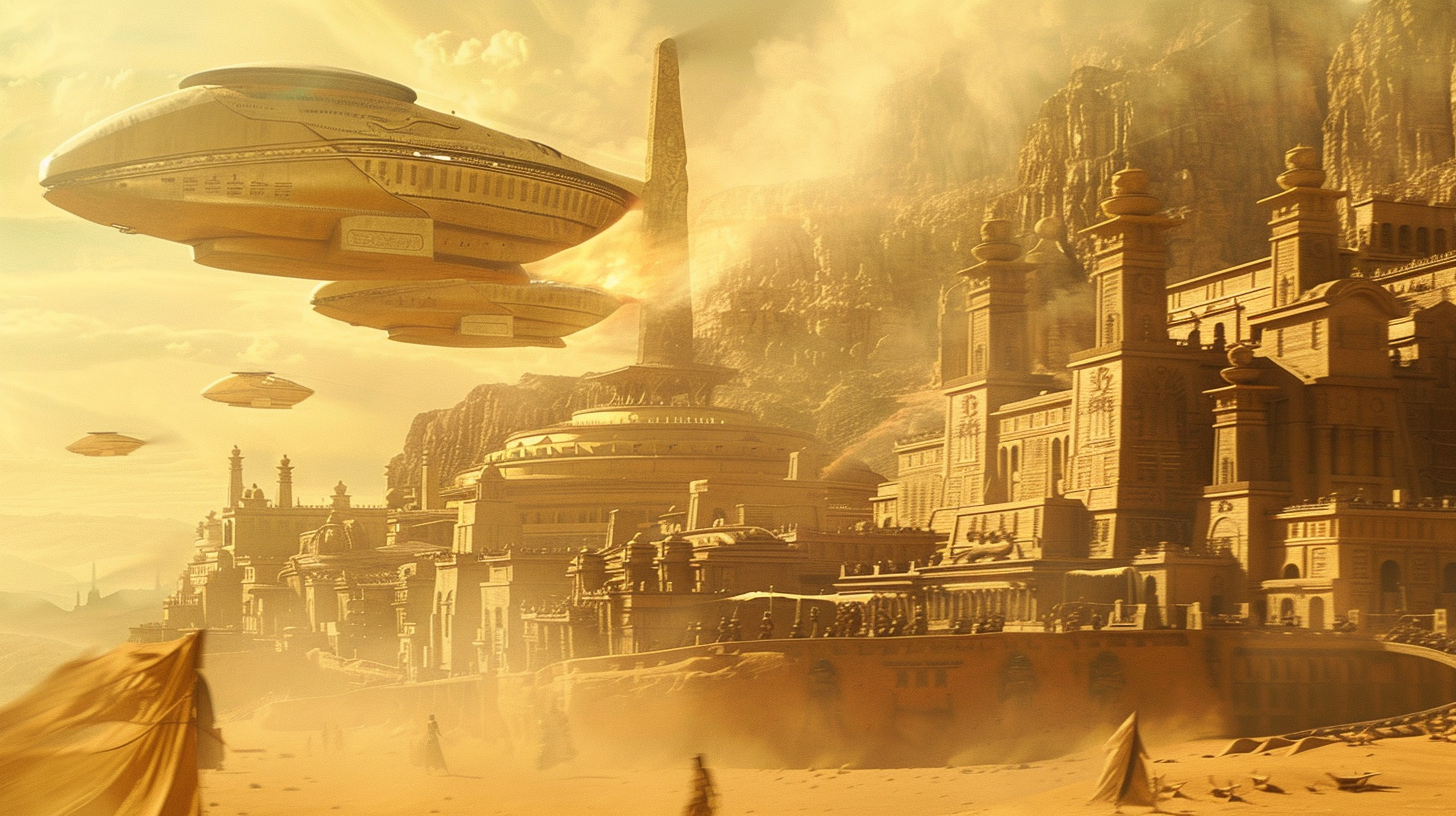Submerged in the deep historical waters of ancient Mesopotamia, Eridu emerges as a pivotal chapter in the unfolding narrative of human advancement. The diverse conjectures encircling its potential status as a historical nucleus for celestial endeavors inject an additional element of fascination into the enigmas enveloping this esteemed settlement. By meticulously scrutinizing the urban layout and exceptional architecture of Eridu, we gain a glimpse into its likely significance as a core of ingenuity and commerce.
Nestled in contemporary Iraq, Eridu flourished as a cornerstone of Sumerian civilization and trade during the 4th millennium BCE. Its strategic location near the marshes of the Euphrates River positioned it at a crucial crossroads for commercial enterprises and interactions in ancient times. Nonetheless, it is the arrangement and architectural features of Eridu that have sparked hypotheses about its speculated function as a cosmic hub.

One theory posits that the construction of Eridu’s temples and edifices may have been orchestrated to support extensive transportation and logistical activities. Proponents of this idea underscore the expansive courtyards and vast open spaces within the city’s design, suggesting their potential role as central hubs for the coordination of goods and supplies.
Moreover, the architectural traits of Eridu’s temples, particularly the magnificent ziggurat, draw parallels to contemporary spaceport frameworks. The ziggurat, a colossal stepped pyramid serving as a religious and administrative focal point, bears similarities to launch pads employed in modern space expeditions. It is speculated that these structures could have been repurposed or adapted to facilitate the arrival and departure of advanced spacecraft.
While the notion of Eridu operating as an ancient spaceport may appear speculative, it mirrors the inventiveness and aspirations of past civilizations. Whether Eridu truly functioned as a tangible spaceport or not, its role as a hub of innovation and trade remains undisputed. The city’s contributions to Sumerian culture, encompassing advancements in writing, mathematics, and governance, underscore its significance as a cornerstone of human progress.
As we excavate the archaeological remnants of Eridu, we are reminded of the enduring allure of ancient mysteries. Whether interpreted as a spaceport or a testament to human resourcefulness, Eridu encapsulates humanity’s unyielding quest to broaden the frontiers of knowledge and discovery.
